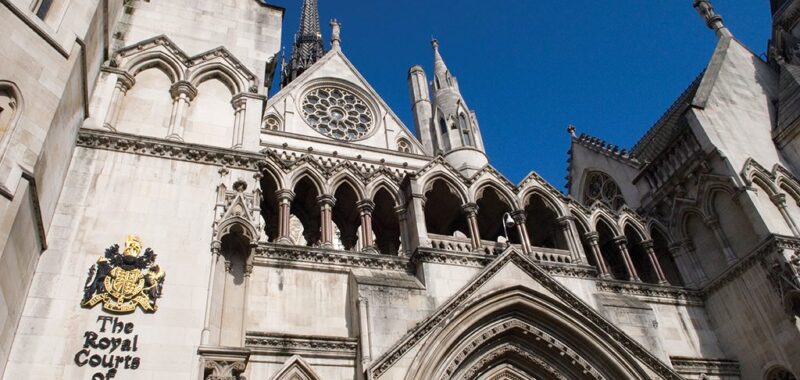An East Grinstead contractor has successfully overturned a legal decision that found it was wrong to terminate its contract with a housing association over repeated late payments.
The dispute arose from a JCT contract between Providence Building Services Limited and Hexagon Housing Association Limited (Hexagon) for the construction of buildings in Purley, valued at £7.2m.
The key issue was whether Providence could terminate its contract after Hexagon failed to pay an invoice on time, even though Hexagon had paid up within 28 days of receiving a previous default notice.
In November 2022, Hexagon failed to pay an invoice of £264,000 by the due date.
Under the contract, if Hexagon did not make the payment within 21 days, Providence had the right to suspend its work.
However, if the payment was still not made after a further seven days, Providence could terminate the contract.
Providence issued a formal notice of default, which warned Hexagon that it was in breach of its payment obligations. Hexagon made the payment within 28 days, which prevented Providence from immediately terminating the contract at that time.
However, in April 2023, Hexagon again failed to make another payment of £366,000 by the due date.
This time, Providence terminated the contract, citing Hexagon’s repeated failure to pay on time.
Providence argued that the repeated late payment was sufficient grounds for termination, even though it had not terminated the contract after the first late payment because Hexagon had paid within the allowed grace period.
Hexagon disputed the termination, arguing that Providence could not end the contract simply because of a repeated late payment, especially since the first payment had eventually been made within the grace period.
In November last year, the court agreed with Hexagon, ruling that Providence needed to have had the right to terminate after the first late payment to be able to terminate after the second late payment.
The High Court judge said that Providence had “a battery of weapons available to him to protect his cashflow position. Those weapons include a right to suspend the works, the payment of statutory interest, and the right to refer disputes to adjudication.”
Providence appealed, arguing that the contract allowed them to terminate the contract if Hexagon repeated the same type of default, regardless of whether the first default had been fully rectified within the grace period. The Court of Appeal agreed with Providence.
The court held that the contract’s wording was clear: if Hexagon failed to make a payment on time, and then repeated this failure, Providence had the right to terminate the contract.
The appeal court emphasised that the contract did not require Providence to have already been in a position to terminate after the first default; it only required a repetition of the default.
The fact that Providence did not terminate the contract after the first late payment did not prevent it from terminating after the second late payment.
The judge in the appeal case, Lord Justice Stuart-Smith, said in his judgment that he was not persuaded by the High Court judge’s reference to the “battery” of other remedies available to Providence.
He said: “While they may ameliorate the position to some extent, none provides a satisfactory and immediate solution to the typical case of late payment: each involves a measure of delay and, in the case of suspension or resorting to adjudication, additional cost and uncertainty for the contractor in pursuing them.”
This story was written with the assistance of artificial intelligence

